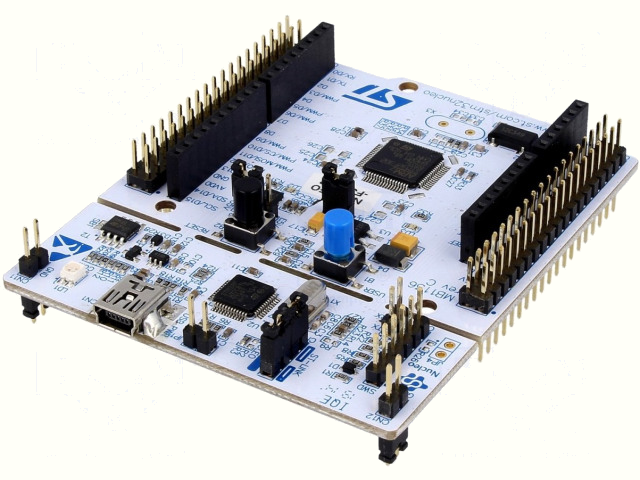“People today know again that there are things for which it is worth suffering and that it is the same things which make it worth living” Jan Patocka, 1977.
The European Union is the space in the world where the most value is given to human life. Its “price” is the resultant of the standard of living and the assistance of a welfare state that will not let you starve and die. Together they form a hammock of unparalleled comfort in the history of mankind.
However, since February 24 2022, it has come to light that the value of this life is only fictitious, in the sense that it does not include its real costs. The peace that allowed us to live comfortably was also fictitious since it did not cover the cost of our security.
In short, the real Europeans today are the Ukrainians, because they remind us of the existence of things worth suffering for and which we have forgotten.
Support Europe and Ukraine.
Image from The Economist cover.
NEW
TinyUSB 0.13.0 support for F4, G4, L4, H7 families, with CDC example.
Update TrueSTUDIO to the latest GCC toolchain from STM32CubeIDE 1.9.
Projects updated to AdAstra-RTK 1.10
A port to STM32G4xx family is available!
A wand with WS2812B RGB LED
Test of the JDY-32 Bluetooth module
More STM32G0xx supported!
Most of the projects have been updated with slave SPI and more powerful EXTI libraries.
A BSP for the CORTEX-M0+ used by the STM32G0xx family is here
A sample project for the F411 BlackPilkl is here
The article on mutex is finally available here
Design a generic startup file and a linker script
Update TrueSTUDIO to the latest GCC toolchain
By popular demand AdAstra-RTK port to STM32F103
Efficient HD44780 library (1602 LCD display)
BSP for the new STM32L4+ series
AdAstra-RTK for Nucleo-H743ZI
Sample project for Nucleo-F429ZI
AdAstra-Soft
AdAstra-Soft is dedicated to the development of real-time solutions on microcontrollers. Among other things, it offers:
- AdAstra-RTK, a real-time kernel
- BSP necessary to use the kernel on particular microcontrollers
- Aabasics, peripheral management libraries adapted to each family of microcontrollers.
AdAstra-RTK
The AdAstra-RTK real-time kernel was designed and developed taking into account some specific objectives:
- The ease of maintenance of the kernel code. The code must be easily understandable, and facilitate its evolution and therefore the detection of regressions. This is achieved in particular thanks to:
- Defensive programming: for example the intensive use of assertions to check the consistency of the system state, the verification of parameters, or the centralized management of fatal errors…
- Coding rules to make the code well structured and readable.
- Design choices. Sometimes compromises have to be made between performance and code simplicity or testability.
- Native integration of debugging tools, because we must not forget that a developer spends most of his time testing and debugging his application. Some of these means are provided by defensive kernel programming, but we can add a low-intrusive log, configurable traces in real time, stacks monitoring….
- AdAstra-RTK is a kernel suitable for microcontrollers of medium capacity. Nothing is free, so the implementation of these features consumes some resources. A port on an MCU having less than a few tens of Kbytes of RAM must be well thought out.
Recently, simple and powerful MPUs have appeared, among the multitude already present at many suppliers: They use the ARM Cortex-M architecture. These MPU cores, due to their original distribution mode, have become a de facto standard adopted by many suppliers, major or confidential.
Consequently, the need has arisen among industrials for a dedicated real-time core which exploits the specific resources offered by this architecture.
The AdAstra real time kernel is a response to these needs. Although the kernel is strictly independent of MCU, the BSP associated with it for effective use fully exploits the resources of the Cortex-M0+, M3 / M4 and M7 architectures.
The last notable features of the AdAstra-RTK kernel and its accompanying software are:
- Source codes are available for free, which is essential for understanding how to use the software, and ensuring the sustainability of applications. It also allows you to modify or debug them.
- BSD three-clause license.
- These software are actively developed and maintained.


